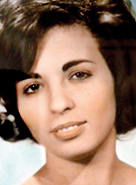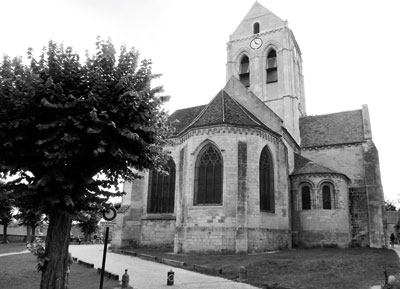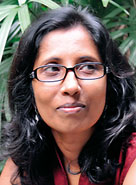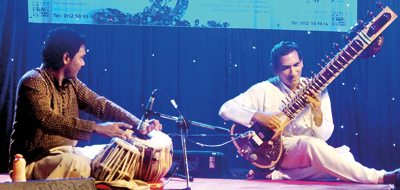Sunday Times 2
Algeria’s bitter struggle for freedom
In July 1962 Algeria achieved independence after a bitter war lasting over seven years. Some 300,000 Algerians died to win their nation’s freedom. The war was fought brutally on both sides, but the need for a violent independence struggle was deeply rooted in the violence French imperialism had imposed on Algeria for over a century. As philosopher Jean-Paul Sartre wrote, “It is not their violence, but ours, turned back.”
France had colonised Algeria between 1830 and 1847. European settlers took over the country, and Algeria became an integral part of France. While the settlers had full rights as French citizens, such privileges were extended only to the tiny minority of the native population, mainly Muslims, willing to renounce their religion. The rest were subject to the notorious Code de l’indigénat [native code] which imposed special laws, and criminalised the most minor insubordination. Any public statement challenging authority was classed as an offence.
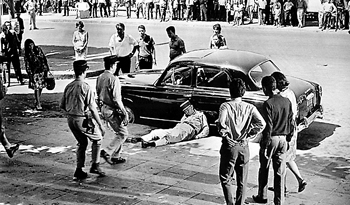
A scene from the movie The Battle of Algiers (1966, Gillo Pontecorvo) - French-Algerian
France’s so-called “civilising mission” in its colonies was a grotesque fraud. In 1834 a French general reported that nearly all the native population could read and write, with schools in every village. A century later only a quarter of the Muslim population was literate. There were permanent food shortages. In 1939 novelist Albert Camus described children in rags competing with dogs for the contents of a dustbin.
In the 1920s Messali Hadj (then a Communist factory worker in Paris) and others founded the North African Star, from which later movements for independence developed. In May 1945 Allied victory celebrations in Sétif in eastern Algeria turned into a Muslim rising which was brutally crushed by French troops and settler death squads. At least 15,000 died.
In 1954 younger militants, impatient with Messali Hadj’s stress on electoral politics, founded the FLN [National Liberation Front]. On 1 November 1954 they launched a wave of attacks across Algeria. The French government denied there was a war, treating nationalist fighters as criminals. But military resistance to French rule spread rapidly across the entire country.
The main parties of the French left failed the Algerian test abysmally. In 1956 a new government was elected under “Socialist” Guy Mollet. He set out to crush the rebellion by stepping up repression. By the end of 1956 there were 450,000 French troops in Algeria. There was widespread resistance among conscripts sent to Algeria.
Officers were attacked, orders were ignored, and on the troop trains soldiers pulled the brake cords repeatedly. But these revolts got no backing from any part of the mainstream left. In March 1956 the National Assembly agreed “special powers”, giving the army authority to detain and interrogate suspects. Communist deputies supported this.
In 1957 the French army set out to smash the FLN’s organisation in the capital. This was depicted in Gillo Pontecorvo’s classic movie The Battle of Algiers. But the war continued in the mountains and rural areas. The French army was guilty of systematic abuses, in particular torture and the killing of prisoners, but it could not suppress the popular revolt.
The strains of the war undermined France’s corrupt and unstable parliamentary system. In May 1958 there was a military-settler rising in Algeria. General Charles de Gaulle, a veteran right wing military leader from the Second World War took over, establishing the Fifth Republic of which he became president. But despite his initial intentions de Gaulle could not cling on to Algeria. In 1959 he began to speak of “self-determination”.
The war was becoming unacceptable to the French population. In 1959, 71 percent backed negotiations with the FLN. The number of people involved in practical support for the FLN, the so-called “suitcase carriers”, was small. But they made a considerable impact on public opinion, notably when Francis Jeanson, organiser of the main network, was put on trial in 1960. In September 1960 the Manifesto of the 121 was published, signed by leading intellectuals and public figures, declaring support for those who refused to fight and those who “offer assistance and protection to Algerians oppressed in the name of the French people”.
In October 1961 the FLN called out its supporters for a peaceful demonstration in Paris, breaking the curfew imposed on Algerian workers. They were attacked by police and over 200 were killed.

Algerians protesting against French colonialists
De Gaulle had no choice but direct negotiations with the FLN. In March 1962, after secret talks, an agreement was signed at Evian. This was put to a referendum and got 65 percent support. Right-wing settlers launched a final “scorched earth” campaign of violence and destruction, but could not prevent the inevitable. Algeria became fully independent on 5 July 1962.
Ian Birchall has edited the most recent issue of Revolutionary History, entitled “European Revolutionaries and Algerian Independence, 1954-1962″, devoted to solidarity activities with the Algerian struggle by revolutionary socialists.
Source: Socialist Review (UK)














